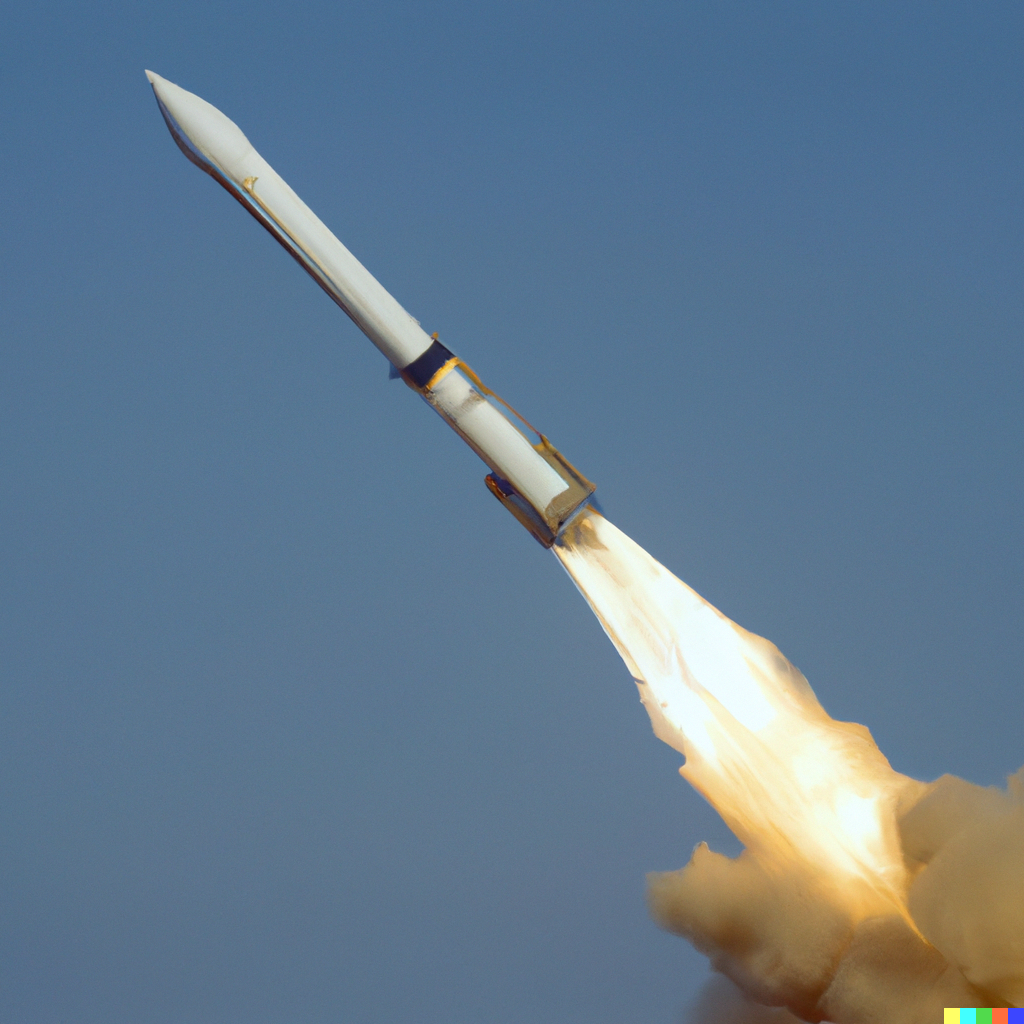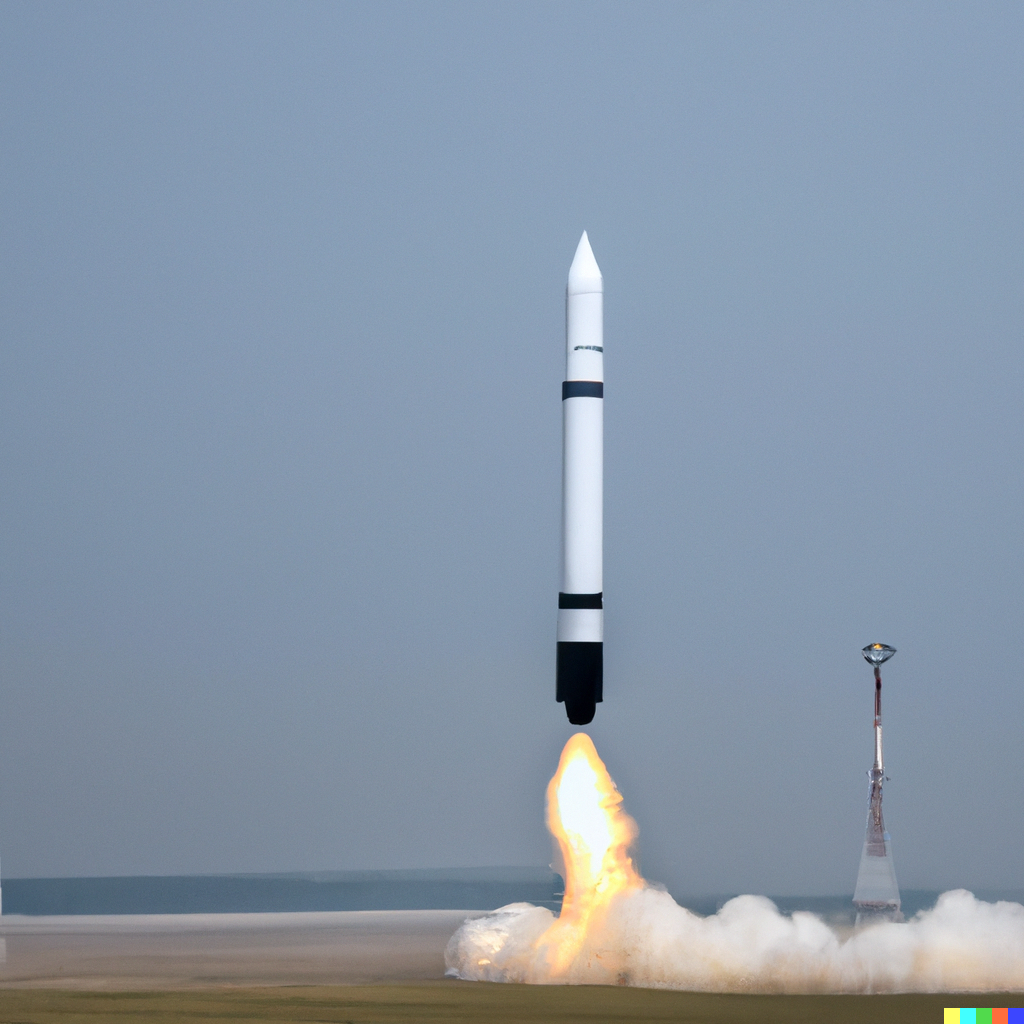
Russia has struck a deal with Belarus to station tactical nuclear weapons on its territory but will not violate non-proliferation agreements, Vladimir Putin has said.
The Belarusian president, Alexander Lukashenko, had long raised the issue of stationing tactical nuclear weapons in Belarus, which borders Poland, Putin told state television.
“There is nothing unusual here either: firstly, the United States has been doing this for decades,” he said. “They have long deployed their tactical nuclear weapons on the territory of their allied countries.
Russia will have completed the construction of a storage facility for tactical nuclear weapons in Belarus by 1 July, Putin said, adding that Moscow would not actually be transferring control of the arms to Minsk.
Russia has stationed 10 aircraft in Belarus capable of carrying tactical nuclear weapons, he said, adding that Moscow had already transferred to Belarus a number of Iskander tactical missile systems that can be used to launch nuclear weapons.

Russia possesses one of the largest nuclear arsenals in the world, with an estimated 4,310 nuclear warheads, according to the Stockholm International Peace Research Institute. The country also has a variety of delivery systems, including land-based intercontinental ballistic missiles, submarine-launched ballistic missiles, and strategic bombers.
Russia’s nuclear weapons are a key component of its national security strategy, and the country has maintained a doctrine of “nuclear deterrence” since the end of the Cold War. This doctrine holds that the threat of a nuclear response will deter potential adversaries from attacking Russia.
Russia has also been investing in modernizing its nuclear arsenal in recent years, with a particular focus on developing new delivery systems and upgrading its existing weapons. This has included the development of new intercontinental ballistic missiles, such as the RS-28 Sarmat, which is designed to evade missile defense systems, and the Avangard hypersonic missile, which can travel at speeds of up to Mach 27.
Russia’s nuclear weapons program has also raised concerns about the potential for accidental or unauthorized use of nuclear weapons, particularly as tensions with the West have increased in recent years. The country’s nuclear arsenal is controlled by a centralized command-and-control system, but there have been reports of incidents in which Russian nuclear forces have come close to using their weapons, either as a result of technical malfunctions or miscommunications.
Overall, Russia’s nuclear weapons represent a significant component of the country’s national security strategy, and their deployment in Belarus is likely to raise concerns about the potential for escalation in the region.
Belarus and Russia have a long and complex history of political relations, rooted in their shared Soviet past. Following the collapse of the Soviet Union in 1991, Belarus became an independent country and initially pursued a policy of neutrality. However, over time, the country has become increasingly dependent on Russia economically and politically.
In the early years of its independence, Belarus attempted to establish closer relations with the West and pursued a policy of economic liberalization. However, the country soon encountered economic difficulties, and in 1995, Belarus and Russia signed a treaty establishing the Union State of Russia and Belarus, a supranational entity that aimed to integrate the two countries’ economies and political systems.
Since then, the two countries have maintained close political and economic ties, with Russia providing Belarus with economic assistance and subsidized energy supplies. However, their relationship has not been without tensions. Belarus has at times pursued an independent foreign policy, including forging closer ties with China, much to the chagrin of Russia.
In recent years, Belarus has become increasingly authoritarian under President Alexander Lukashenko, who has been in power since 1994. Lukashenko has cracked down on political opposition and independent media, and has sought to strengthen ties with Russia as a way of maintaining his grip on power. In 2020, Belarus held a controversial presidential election that was widely seen as rigged in Lukashenko’s favor, sparking protests and international condemnation.
Despite these tensions, Belarus remains a key ally of Russia, particularly as Moscow seeks to maintain its influence in the region. The deployment of tactical nuclear weapons in Belarus is likely to further cement the country’s ties with Russia, while also raising concerns about the potential for escalation in the region.
